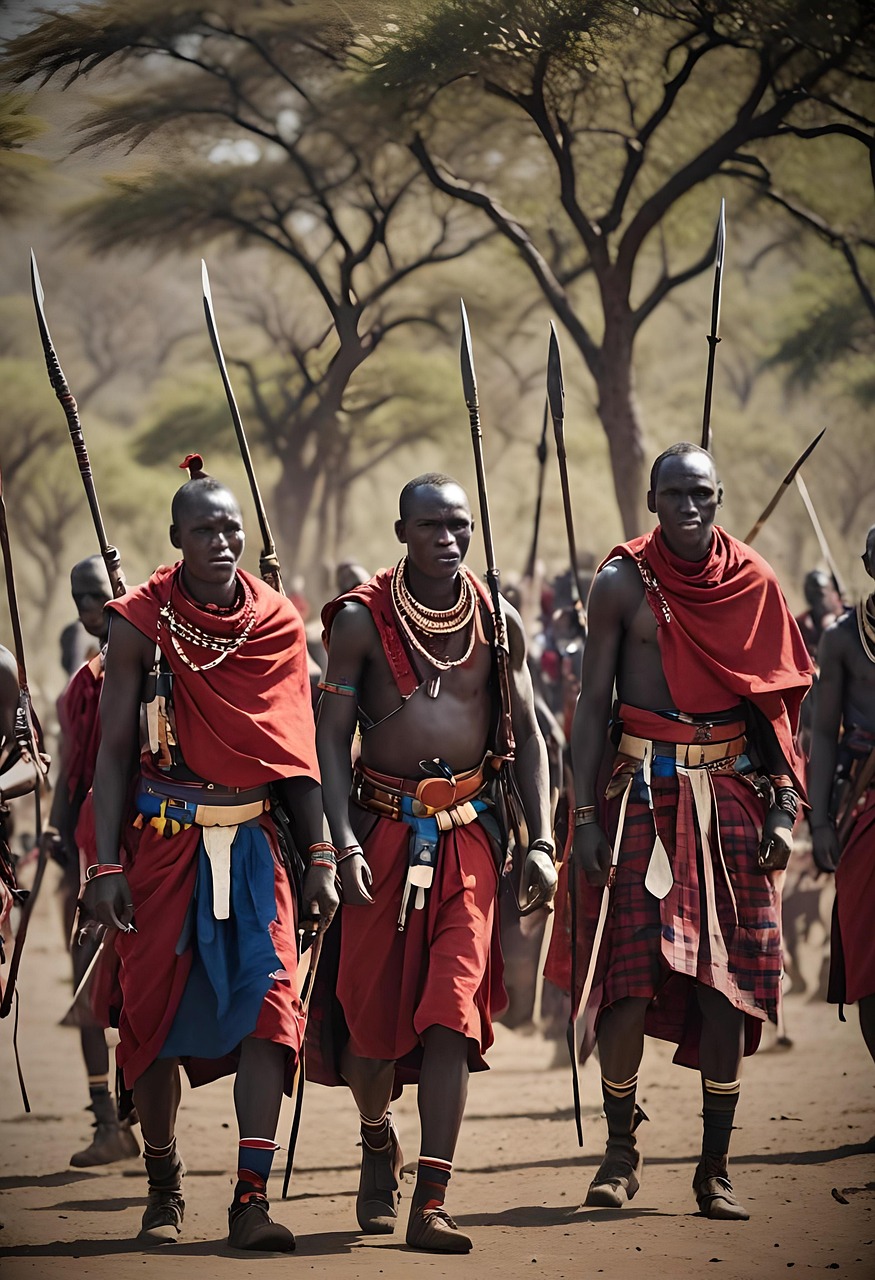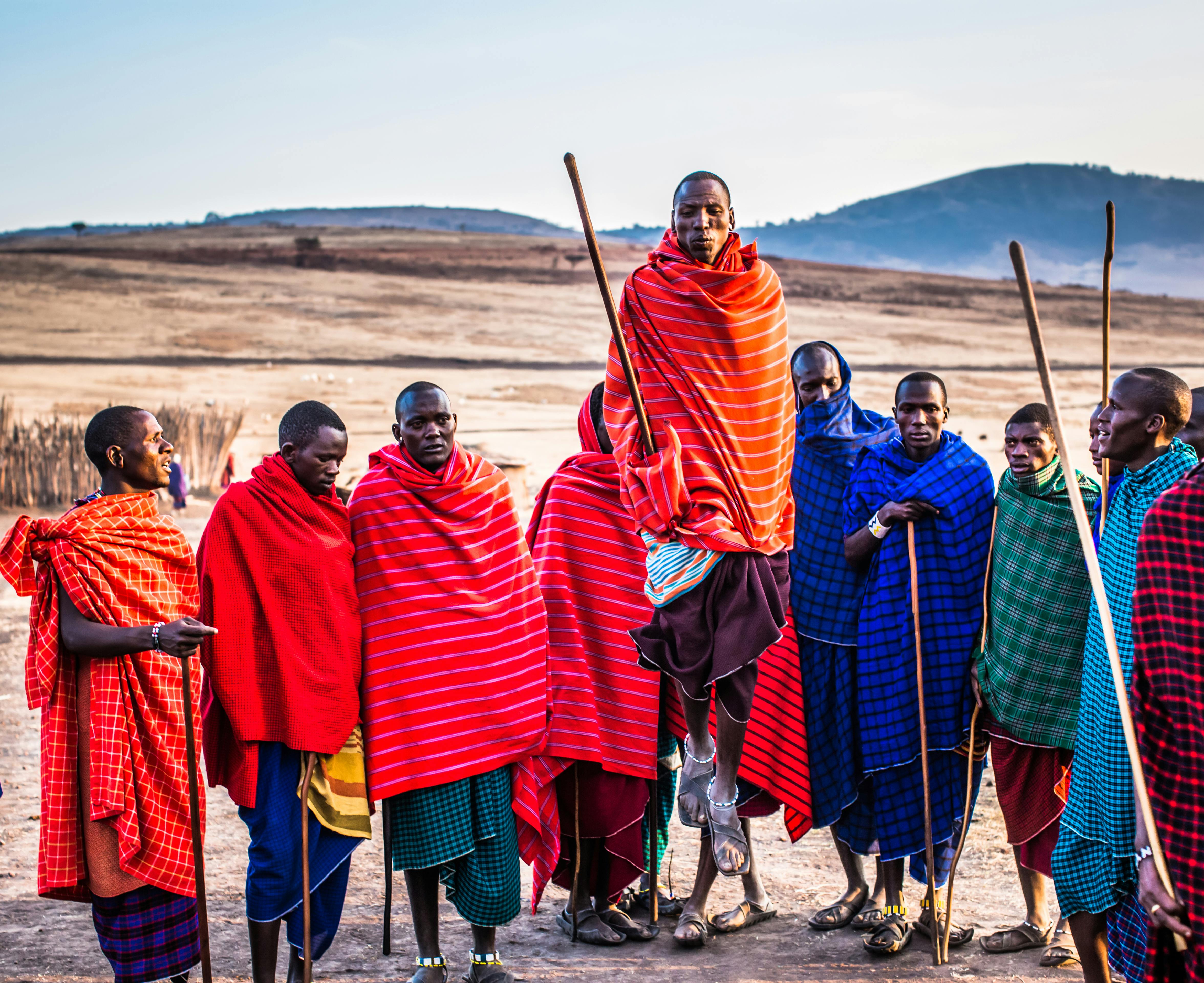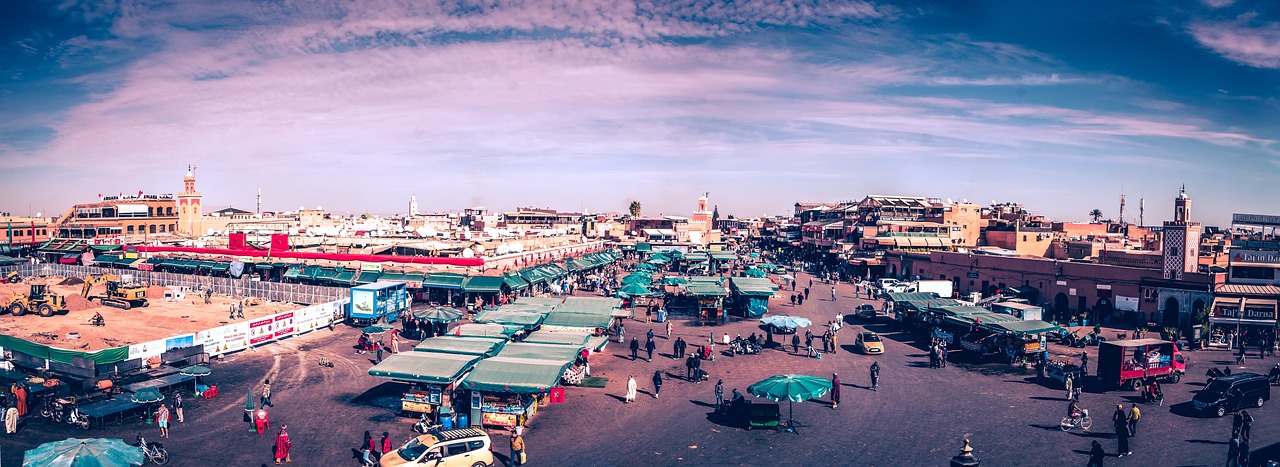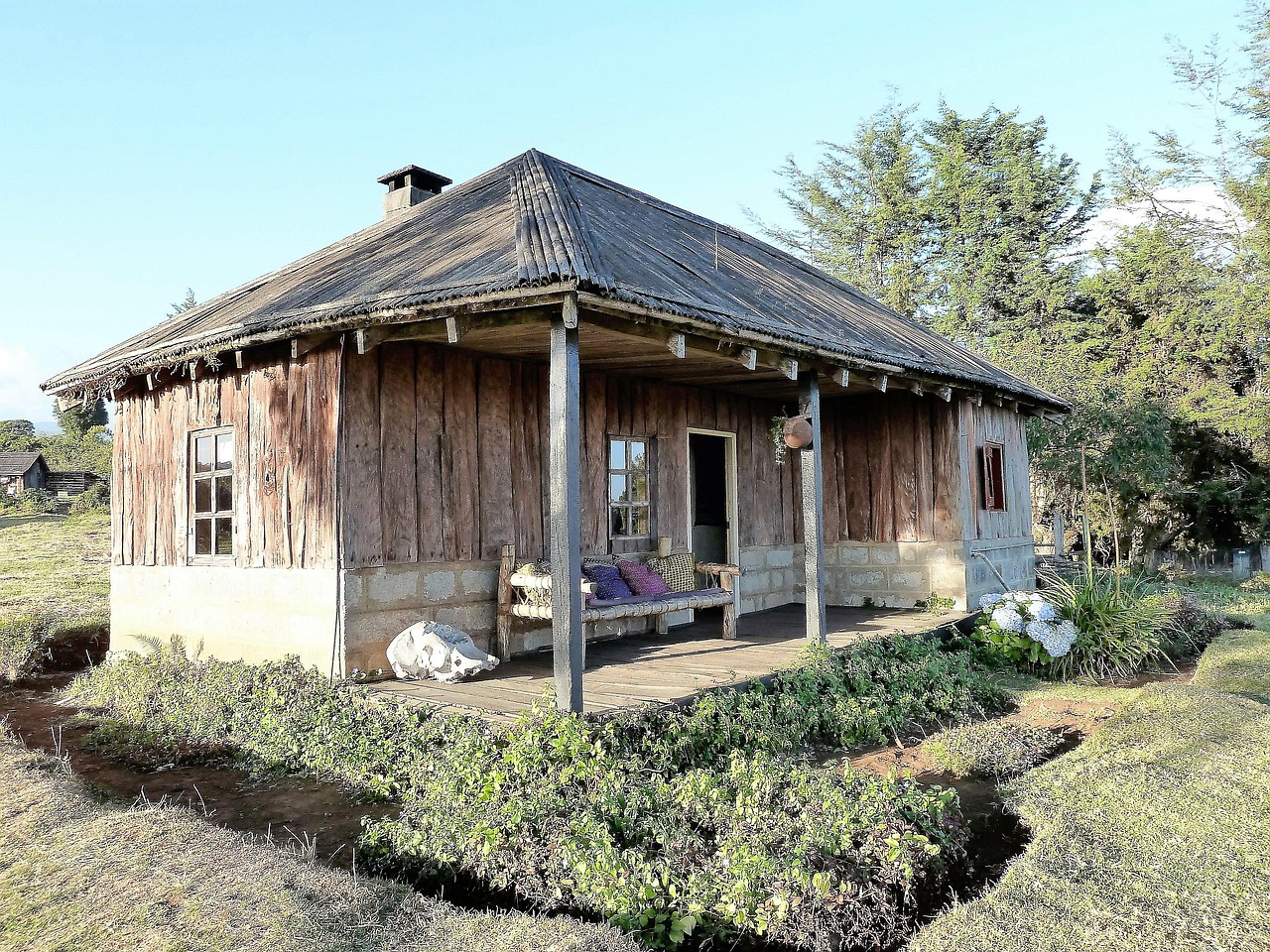
The Importance of Heritage in Travel
Travel, at its core, is an exploration of the unknown, a pursuit of discovery that transcends the physical act of moving from one place to another. For many, the allure of new landscapes and the thrill of new experiences drive the desire to journey. However, for those connected to the African Diaspora, travel often takes on a deeper, more profound significance. It becomes a means to reconnect with ancestral roots, to unearth stories of the past, and to better understand the cultural threads that weave their identities. The exploration of heritage through travel illuminates the intricate relationships between history, culture, and identity, revealing how deeply intertwined these elements are.
Heritage encompasses the legacies passed down through generations, encompassing traditions, languages, rituals, and values. When individuals of the African Diaspora embark on journeys to ancestral lands, they are not merely visiting a new destination; they are walking in the footsteps of their forebears.

These journeys become pilgrimages of sorts, allowing travelers to engage with their history in a personal and transformative manner. By immersing themselves in the cultural landscapes of their ancestors, they gain a richer understanding of who they are and where they come from, fostering a sense of belonging and continuity.
Moreover, heritage travel serves as an educational tool, offering invaluable insights into the complex histories and contributions of African-descended peoples worldwide. These journeys are not just about personal discovery; they also challenge and expand the narratives often presented in mainstream history. By visiting historical sites, engaging with local communities, and participating in cultural traditions, travelers contribute to a broader understanding and appreciation of the African Diaspora's rich and diverse heritage. This, in turn, helps to combat stereotypes and promote a more inclusive and accurate portrayal of global history.
Travel Diaries: A Window into Cultural Experiences
Travel diaries have long been a cherished means of documenting journeys, capturing the essence of places visited and experiences encountered.

For members of the African Diaspora, these diaries often take on an additional layer of significance. They serve as repositories of cultural memory, preserving the nuances of encounters with ancestral lands and communities. Through their narratives, these travelers offer readers a unique glimpse into the lived experiences of reconnecting with heritage, providing an intimate portrait of the emotions, reflections, and insights that arise during these meaningful journeys.
One of the most compelling aspects of travel diaries is their ability to convey the sensory and emotional dimensions of travel. Readers are invited to experience the sights, sounds, and smells of distant places through the eyes of the diarist. This immersive quality allows for a deeper connection to the cultural contexts being described. For example, a travel diary detailing a visit to a vibrant festival in Brazil might vividly describe the rhythmic beats of samba music, the colorful costumes, and the palpable sense of joy and celebration that pervades the air.

Such descriptions not only bring the experience to life but also highlight the cultural significance of these events within the African Diaspora.
In addition to sensory details, travel diaries often delve into the emotional landscapes of the traveler. They capture moments of awe, introspection, and even sorrow, offering a candid look at the complexities of heritage travel. A diarist might recount the profound sense of connection felt when standing at the site of an ancestral village or the bittersweet emotions evoked by visiting a former slave fort in West Africa. These personal reflections add depth to the narrative, providing readers with a nuanced understanding of the ways in which heritage travel can shape and transform one's sense of identity.
Furthermore, travel diaries serve as valuable historical documents, preserving the voices and perspectives of African-descended travelers for future generations. They offer a counter-narrative to dominant historical accounts, providing firsthand insights into the experiences and contributions of the African Diaspora.

By documenting their journeys, these travelers contribute to a collective memory that honors and celebrates the resilience, creativity, and cultural richness of their communities. In this way, travel diaries not only bridge cultures but also serve as enduring testaments to the power of heritage and the enduring spirit of exploration.
Bridging Cultures: Exploring Heritage Through the African Diasporas Travel Diaries
The travel diaries of the African Diaspora serve as powerful tools for bridging cultures, fostering understanding, and promoting dialogue between diverse communities. These narratives highlight the interconnectedness of global heritage, illustrating how the experiences and contributions of African-descended peoples have shaped and enriched cultures around the world. By sharing their stories, these travelers create opportunities for cross-cultural exchange and mutual appreciation, breaking down barriers and building bridges of empathy and respect.
One of the key ways in which travel diaries bridge cultures is by illuminating the shared histories and cultural connections between Afro-descendant communities in different parts of the world.

For example, a travel diary might explore the cultural ties between the Afro-Brazilian community and their counterparts in West Africa, tracing the historical links forged through the transatlantic slave trade. By highlighting these connections, the diarist fosters a sense of solidarity and mutual understanding, emphasizing the commonalities that unite diverse communities within the African Diaspora.
Moreover, travel diaries often reveal the ways in which African-descended peoples have adapted and transformed their cultural practices in response to new environments and circumstances. These narratives showcase the creativity and resilience of the African Diaspora, illustrating how traditions have been preserved, reinterpreted, and revitalized across generations. A travel diary might describe the vibrant fusion of African and Caribbean influences in the music, dance, and cuisine of the Caribbean islands, offering readers a glimpse into the dynamic and evolving nature of cultural heritage. By sharing these stories, travelers celebrate the richness and diversity of the African Diaspora, promoting a deeper appreciation of the cultural contributions of Afro-descendant communities worldwide.

In addition to fostering cross-cultural understanding, travel diaries also serve as powerful tools for challenging stereotypes and promoting social justice. By sharing their personal experiences and reflections, African-descended travelers offer a counter-narrative to the often one-dimensional and negative portrayals of their communities in mainstream media. These diaries highlight the complexity and richness of Afro-descendant cultures, showcasing the achievements, struggles, and aspirations of individuals and communities. By amplifying these voices, travel diaries contribute to a more nuanced and accurate portrayal of the African Diaspora, promoting a more inclusive and equitable understanding of global heritage.
Key Themes in African Diasporas Travel Diaries
Travel diaries of the African Diaspora often revolve around several key themes that underscore the significance of heritage, identity, and cultural continuity. One of the most prominent themes is the exploration of ancestral roots, as travelers seek to connect with their forebears and understand their place within the broader tapestry of history.

These journeys often involve visits to historical sites, such as former slave forts, ancestral villages, and cultural landmarks, where travelers can engage with the physical remnants of their heritage. These experiences are deeply moving and transformative, offering a poignant reminder of the resilience and strength of their ancestors.
Another recurring theme in these travel diaries is the celebration of cultural traditions and practices. Travelers often document their participation in festivals, rituals, and ceremonies that reflect the rich cultural heritage of their communities. Whether it is the vibrant carnival celebrations in Trinidad and Tobago, the solemn rituals of libation in Ghana, or the rhythmic drumming circles in Cuba, these cultural practices serve as powerful expressions of identity and continuity. By participating in and documenting these traditions, travelers not only honor their heritage but also contribute to the preservation and revitalization of these cultural practices for future generations.
A third key theme in travel diaries of the African Diaspora is the quest for understanding and reconciliation.

Many travelers embark on these journeys with the hope of confronting and healing from the historical traumas of slavery, colonialism, and displacement. These diaries often reflect the emotional complexities of engaging with painful histories, as travelers grapple with feelings of sorrow, anger, and loss. However, they also highlight moments of healing and empowerment, as travelers find strength and resilience in their heritage. By sharing these experiences, travelers contribute to a broader dialogue on the importance of acknowledging and addressing historical injustices, fostering a sense of collective healing and reconciliation.
In addition to these themes, travel diaries often explore the dynamics of identity and belonging within the African Diaspora. Travelers frequently reflect on their experiences of navigating multiple cultural identities and the ways in which their journeys have shaped their understanding of self. These narratives offer valuable insights into the fluid and multifaceted nature of identity, emphasizing the ways in which heritage travel can deepen one's sense of belonging and connection to a broader community.

By sharing their stories, travelers contribute to a more inclusive and nuanced understanding of identity within the African Diaspora, celebrating the diversity and richness of their cultural heritage.
Conclusion
In conclusion, the travel diaries of the African Diaspora offer a rich and multifaceted exploration of heritage, identity, and cultural continuity. Through their narratives, these travelers provide invaluable insights into the lived experiences of reconnecting with ancestral roots, celebrating cultural traditions, and navigating the complexities of identity within the African Diaspora. These diaries serve as powerful tools for bridging cultures, fostering understanding, and promoting dialogue between diverse communities, highlighting the interconnectedness of global heritage and the resilience and creativity of Afro-descendant peoples.
By documenting their journeys, travelers contribute to a collective memory that honors and celebrates the rich and diverse heritage of the African Diaspora. These diaries offer a counter-narrative to dominant historical accounts, providing firsthand insights into the experiences and contributions of African-descended peoples worldwide.
In doing so, they challenge stereotypes, promote social justice, and foster a more inclusive and accurate portrayal of global history.
Ultimately, the travel diaries of the African Diaspora illuminate the profound connections between past and present, inviting readers to journey through diverse landscapes shaped by shared histories. These narratives serve as vibrant portals into the cultural essence of Afro-descendant communities, offering a deeper understanding of the struggles and triumphs that have shaped identities across generations. As we continue to explore these captivating accounts, we are reminded of the enduring spirit of travel and the power of heritage to connect, inspire, and transform.
 Add Row
Add Row  Add
Add 




Write A Comment